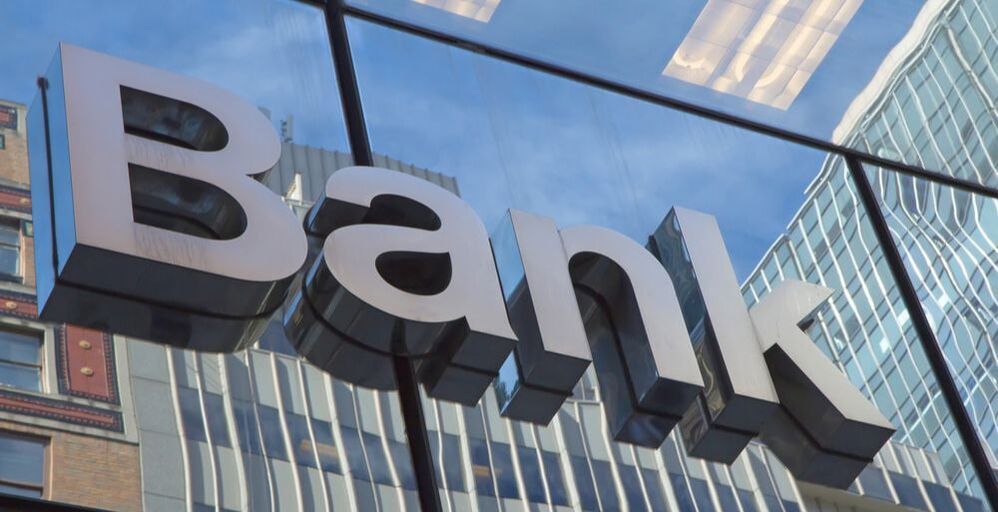But the jury is out on how much of it will translate through to lower mortgage rates, given banks are under pressure to lift their profits to get ready for higher capital requirements. There’s also a concern that banks won’t be able to pass on the rate cuts to term depositors. That’s because the banks now need to keep savers happy due to Reserve Bank funding rules designed to stop the banks going for cheap ‘hot’ 90-day funding overseas.
There are headwinds and tailwinds for the housing market and mortgage rates coming from all directions.
The tailwinds are most evident beyond the two biggest cities and the Waikato and Bay of Plenty, which are also slowing in Auckland’s wake. Housing markets in Hawkes Bay, Wellington, Nelson and Dunedin are still busy and rising as they play catchup with Auckland’s big rise from 2012 to 2016 and their populations grow.
Overall, migration is still up near record highs, unemployment is just off record lows and there is plenty of household income growth to be soaked up with mortgage payments. Further cuts in mortgage rates, even if not the full 50 basis points expected by mid-November, will help support the market. KiwiBuild is being ‘reset’ and a wave of new housing supply is unlikely to take underlying pressure off house prices.
The Reserve Bank has also loosened the brakes somewhat with its tweaks to the Loan to Value Ratios in late 2017 and Deputy Governor Geoff Bascand talked again this week in a speech about the chances of further relaxing the LVR rules.
But it is the capital requirements debate and the surprisingly shocking departure of ANZ CEO David Hisco that has transfixed the market in recent weeks. Bank executives and managers here are beginning to see themselves as in the public dogbox, similar to their colleagues in Australia, where banks and insurers are the butt of public approbrium after the Hayne Royal Commission.
Unfortunately for the banks, their submissions to the Reserve Bank’s review of capital requirements were handed in on May 17 and then released to the public this week. The optics were not good: the big four Australian banks essentially argued they would have to reduce New Zealand’s economic growth rate to ensure their profits stayed up to compensate for the extra capital requirements.
The banks said they would have to put up mortgage rates and lower term deposit rates to widen their profit margins if they were forced to double their capital. Having Sir John Key as the chief lobbyist for the dominant bank has not helped to lower the temperature. ANZ’s submission forecast New Zealand’s GDP would be reduced by a cumulative 20 percent over the long term because shareholders in Australia would not accept lower profits.
Prime Minister Jacinda Ardern described Key’s submission as “rhetoric” and pointed to the two Reserve Bank inquiries into ANZ’s governance. She stopped short of agreeing to calls for a Royal Commission here, but she said there was now doubt over whether the big four banks had a “social license to operate.”
This political heat may force bank executives and lending managers to be more cautious in coming months before the new requirements are finalized in November.
Key things to know:
- House price inflation was broadly flat in May in Auckland and Christchurch. Wellington prices were up 7.4 percent from a year ago, while prices in Hamilton and Tauranga were up 5-7 percent. Dunedin, Invercargill and Nelson are still rising 10-18 percent from a year ago.
- The Reserve Bank is expected to cut the OCR by 25 basis points at each of its next two monetary policy statements in mid-August and mid-November. That will cut the OCR to 1.0 percent.
- Banks have dragged their best advertised fixed mortgage rates down to 3.85 percent and could drop them towards 3.50 percent this year if capital controls aren’t too tough and the OCR is cut 50 basis points as expected.
- The key variables to watch in 2019 are Adrian Orr’s dovish views, global interest rates, Europe’s political and economic dramas, the Chinese economy and Donald Trump’s twitter account, in that order.
By Bernard Hickey



